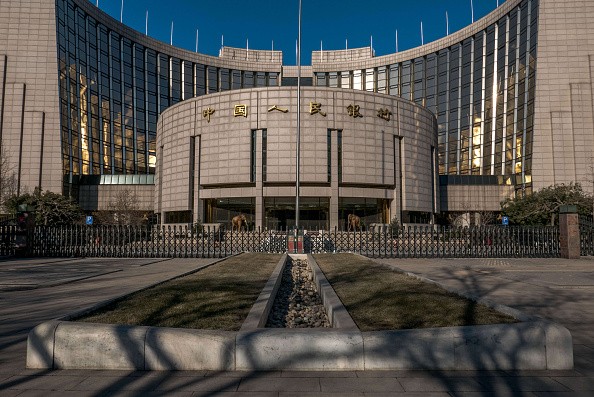The People's Bank of China has just successfully completed its trial run of a digital bank acceptance exchange. This makes PBOC the first central bank in the world to issue its own digital currency.
Sources from PBOC said that the central bank completed the trial in settlements and transactions of bank acceptance bills using its own digital currency on Dec. 15.
The bank's digital currency is supported by a blockchain technology, which is a secure digital ledger that records online transactions.
In addition, sources said that a digital currency research institute will be officially set up after the Chinese New Year holiday.
The recruitment in filling up several positions in the institute was announced last November, seeking experts in cryptography, blockchain technology and experts in developing big-data systems.
Chinese monetary authorities have stepped up their efforts in developing a government-backed sovereign digital currency in response to the Internet currency Bitcoin. Chinese regulators have tightened the scrutiny to Bitcoin and banned financial institutions from using it, as it lacks any official backing.
These efforts came into the spotlight after the central bank released a statement, stating, "Its experts were discussing along with Citibank and Deloitte a general framework for an electronic currency. It was the first central bank to voice support for the concept of digital cash."
PBOC added that China’s digital money will be legal tender backed by the central government, unlike Bitcoin, the encrypted electronic currency that can be bought, sold and transferred without a bank. Ultimately, both digital and paper currency will be in circulation.
PBOC's digital bank acceptance exchange platform will be connected with the Shanghai Commercial Paper Exchange when the system is ready. This is to form a national platform for bank bill transactions.
The U.S. Federal Reserve, the Bank of Canada and the Bank of England are also pursuing similar efforts in exploring future forms of currency.



























